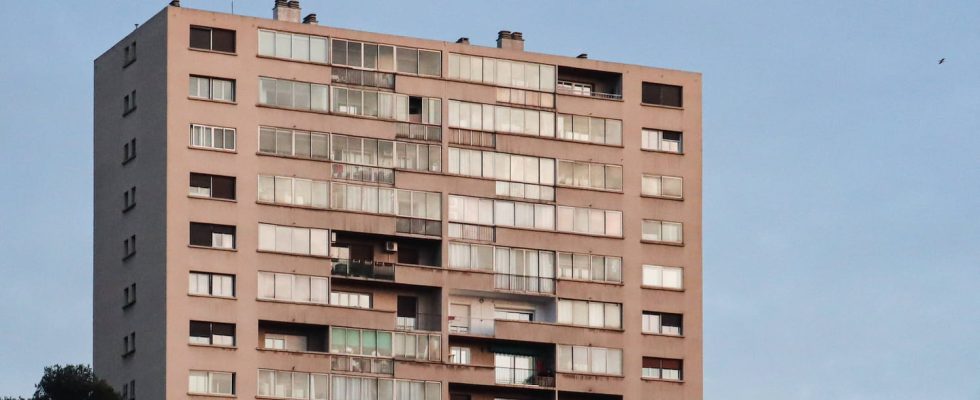The Minister of Housing, Guillaume Kasbarian, wants to expel tenants from social housing who are no longer eligible for it today or increase their rent as part of a bill aimed at putting an end to “social housing for life”.
In an interview with Les Echos, Guillaume Kasbarian, the Minister for Housing, said he wanted to tackle social housing for life. Many tenants are no longer eligible for this social housing, because they have “well exceeded the income ceilings” since they entered their HLM.
“When we have 5.2 million social housing units in France and 1.8 million households legitimately applying to enter it, is it normal that they are prevented from doing so when there are people within the social housing whose situation has changed significantly since they were allocated their housing?”, he explains. Guillaume Kasbarian also affirmed that more than 8% of HLM tenants would no longer be eligible for social housing if they applied for one today.
An investigation carried out
Each year, tenants receive a “resources survey” which allows them to update their household resources. Depending on the answers provided, the lessor may decide to increase the rent or terminate a lease when the household’s resources exceed, for the second year in a row, the planned ceiling. If the tenant has resources greater than 20% above the threshold, the rent is then increased.
For example, for a couple in Paris, total annual income is limited to 99,498 euros. For a single person living in Paris or Île-de-France, their income must not exceed 26,044 euros of annual tax income and 22,642 euros for residents of other regions of the territory.
Possible exemptions
In areas of tension in the real estate market, i.e. most large French cities, if income is above the threshold of 1.5 times for two consecutive years, the lessor can terminate the lease. In the event of non-renewal, tenants have 18 months from January 1 of the year following the two years of overstay to leave their accommodation.
Lessors do not have the same powers depending on the situation of the tenants and the location of the accommodation. Exemptions exist if the tenant has a disability or if a person is responsible for a person with a disability. Tenants of housing located in a neighborhood classified as a priority neighborhood under city policy are not subject to this rule.
